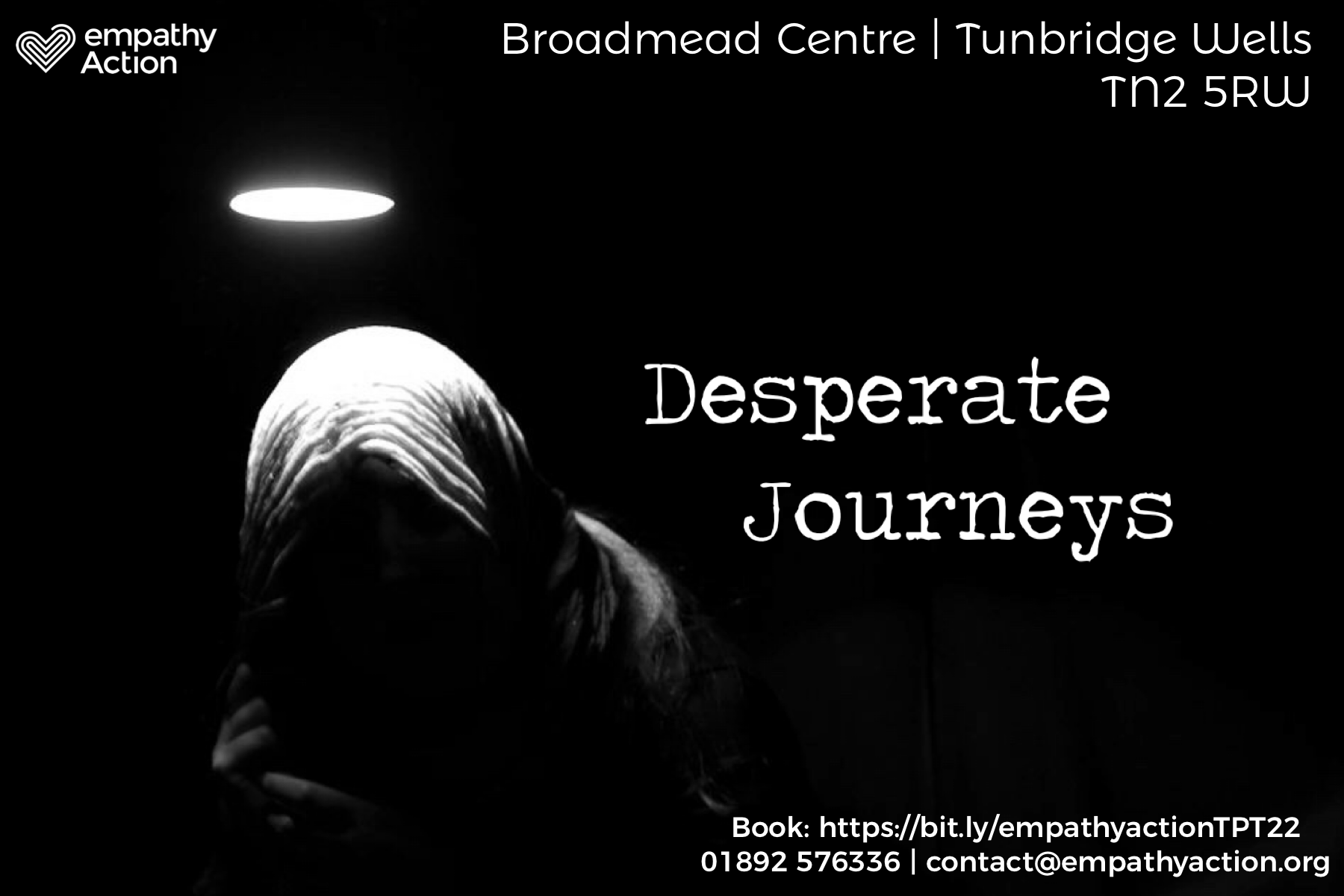Dehumanising vs humanising issues
Dehumanising vs Humanising:
5 things that underpin our work
Compassion fatigue vs Compassion resilience-building
… alternatively put: Cut your losses and stop caring (generally caused by hurt/anger*) vs hope building and affirming that people can make a difference (led by community and fuelled by inspiration from others)
Empathy burnout vs paced empathy training
… building, exercising and caring for the empathy muscle
One-off experiences vs Carefully crafting long lasting ‘moments’ to build character and connection
…not about clocking up experiences, but expressing gratitude for moments and encounters with others to enrich your understanding.
Statistics, facts, information vs people, lives, livelihoods
… remembering, reminding and repeating that people, just like us, are behind, beneath and buried with such information.
Relying on charities (the few) vs Building up a fresh charitable generation (the many)
… the world needs charities but needs people being charitable even more to meet the needs of today and tomorrow.
* memes and media are very good are pressing your “anger” or “fear” buttons
Using Diwali to draw attention to Dalits campaign
Last few weeks our business interns, Barbra & Krishna (from Activate Learning) have been practicing their selling skills for the Indian candles (made by the Dalit community). They chose to sell around Diwali (24th October) to try and market to an Indian base. Thanks guys!
The COP27 officially kicks off this week - we’ll be looking for fresh windows to push The High Life, a free immersive workshop on Climate Justice over the month. Please feel free to forward this to anyone who maybe interested.
S (who was one of the people behind the back story for Desperate Journeys creation) is now relocated to Germany (from Jordan)
We helped S several times with our LDF (Livelihood Development Fund) and thrilled that she is (many years later) able to settle in Germany following leaving Syria.
Changing (& challenging) the narrative
The excellent company ‘Always’ yet again challenging the stereotypes using ‘empathy moments’ captured on film (beneath).
The exercise is whilst watching this video to actively observe and identify the narratives (or bias) when dealing with an issue.
Then call out what stands in the way (especially the feelings) of challenging the bias (eg “we always do it this way”, “nobody seems to listen”, “it seems pointless to”, “I didn’t know” etc.)
The follow-on exercise is then to identify (this is best done in a group) the ‘hope’ drivers that would want you to change the narrative (eg “if only we could all agree on this…”, “I wish we could work together…”, “I want our kids to be different…” etc.).
The empathy exercise is using the feelings to identify both the push/pull factors of biases and the hopes to challenge these through channelling empathy-into-action. If you use this, please let us know what discussion that you have.
(dig deeper… if you want to see another narrative changing technique comparing Microsoft marketing and that of homeless people see how Simon Sinek analyses the narratives here)
What we are watching, listening, reading, attending…
We were struck by Nick Cave’s response to “what’s the point of life?” question recently here.
A few weeks ago we asked about songs that inspire justice and we’ll release vol 1 of this next Empathy Collective. (if you still have songs that stir you to action or remind you of justice, please email them through to us!)
Other reads, clips, podcasts, events, films from around the team
“Iranian Women? The bravest women on Earth!”. Dr Nina Ansary is powerfully covering the women’s revolution in Iran on her instagram channel. Women, globally cutting clumps of hair in solidarity including publicly from politicians and celebs to people taking to the streets and risking their lives to protest.
Daisy’s story (modern day slavery - a hard watch): https://youtu.be/w2TeuGowa48
Storyville’s President (iPlayer, UK only) on Zimbabwe (ahead of Trevor’s sharing in Desperate Journeys this week.
UK’s ‘Davos’ event ‘Anthropy” is live today in The Eden Project. Looking forward to hearing the outcomes.
‘Corruptible: Who Gets Power and How it Changes Us’ - by Dr Brian Klaas (or listen to this UCL interview)
Is it time to triple the number of breaks that you should have? One study of a school that did reports: “During that time, they work on empathy, team play and other social skills. And just as importantly, teachers report that they’re more focused, have better problem-solving skills and fewer disciplinary issues when they return to the classroom.”
6 ways to help us…
Volunteer - we really need a bunch of regular helpers (eg a few hours or more(!) a week or for our immersive workshops from time to time).
Share the news! - please forward, share any social media posts. Ta!
Spread the word! - we’d value an intro… to any potential vols, customers or even clients! Word of mouth is the best!
Become an Empathy Angel - this year we are looking for 100 ‘Empathy Angels’ to help invest into us as we reboot empathy action to build a ‘Culture of Empathy’. Could you spare us the price of a cuppa (£2.50) a week… We can’t and don’t want to do this alone!
Host a coffee morning with a table of our handicrafts to sell and invite interested people to learn more and enjoy a cuppa
Via smile.amazon - link here to enable amazon to give money to EA
Thank you!





